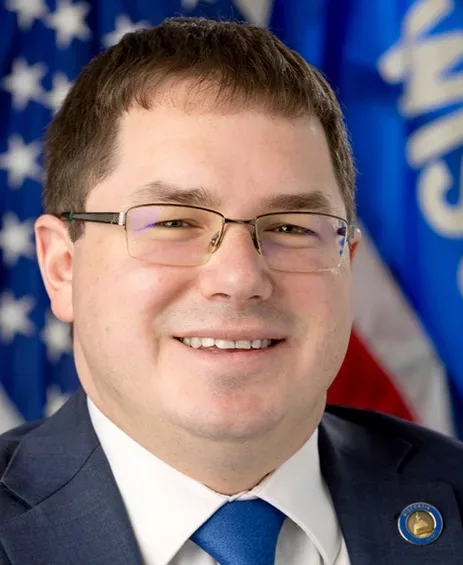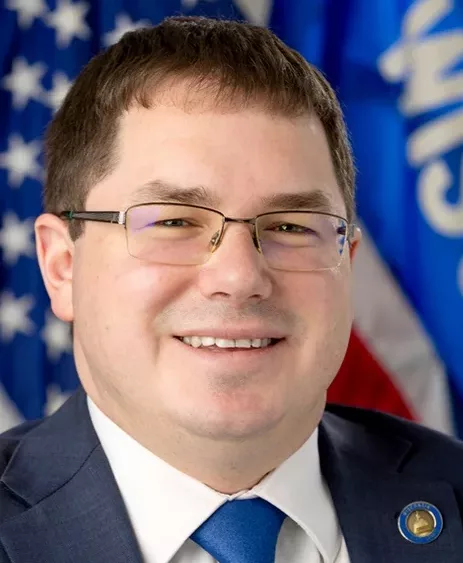
State Senator Mark Spreitzer says he hopes Republicans and Democrats can find common ground on public education funding, among other big-ticket items in the new state biennial budget.
But moves Thursday by the Republican-controlled Joint Finance Committee show the conservative game plan does not appear to include compromise — at least, not as of yet.
The legislative budget committee in its opening vote on Gov. Evers’ draft biennial budget on Thursday slashed 612 of Evers’ proposals. Moreover, finance committee Republicans hammered through a vote that reset the draft budget to baseline spending that was set in the current budget, which expires June 30.
Spreitzer, a Democrat, spoke with Big Radio Thursday a few hours prior to the Joint Finance Committee’s moves.
He said he hopes Republicans and Democrats can begin to meet in the middle on the new budget — particularly when it comes to public school funding.
The Republican moves Thursday essentially tossed aside a raft of public education budget initiatives Evers wants — including an increase to state reimbursements for students in special education.
Spreitzer says Evers wants the state to shift to a 60-percent reimbursement rate for special education students in public schools. Right now, the state reimburses about 30 percent of schools’ special education costs.
Spreitzer says the problem is that costs for educating children with disabilities can mount, sometimes climbing to as much as $100,000 per student each year if the student requires placement in a special school or other intensive accommodations.
School districts by law must provide equal education opportunities for students, including those with severe disabilities that can be costly for the districts to shoulder.
Smaller school districts with little room for sudden budget increases are particularly vulnerable to the impact of special education costs under the state’s current funding model.
Spreitzer says some school districts find themselves forced to consider cuts to electives such as arts and music education, because they cannot afford to run elective courses while providing necessary services for children with disabilities.
Several weeks remain before the joint finance committee brushes up a full legislative budget proposal for a vote. The state must vote to pass a new budget by June 30.













